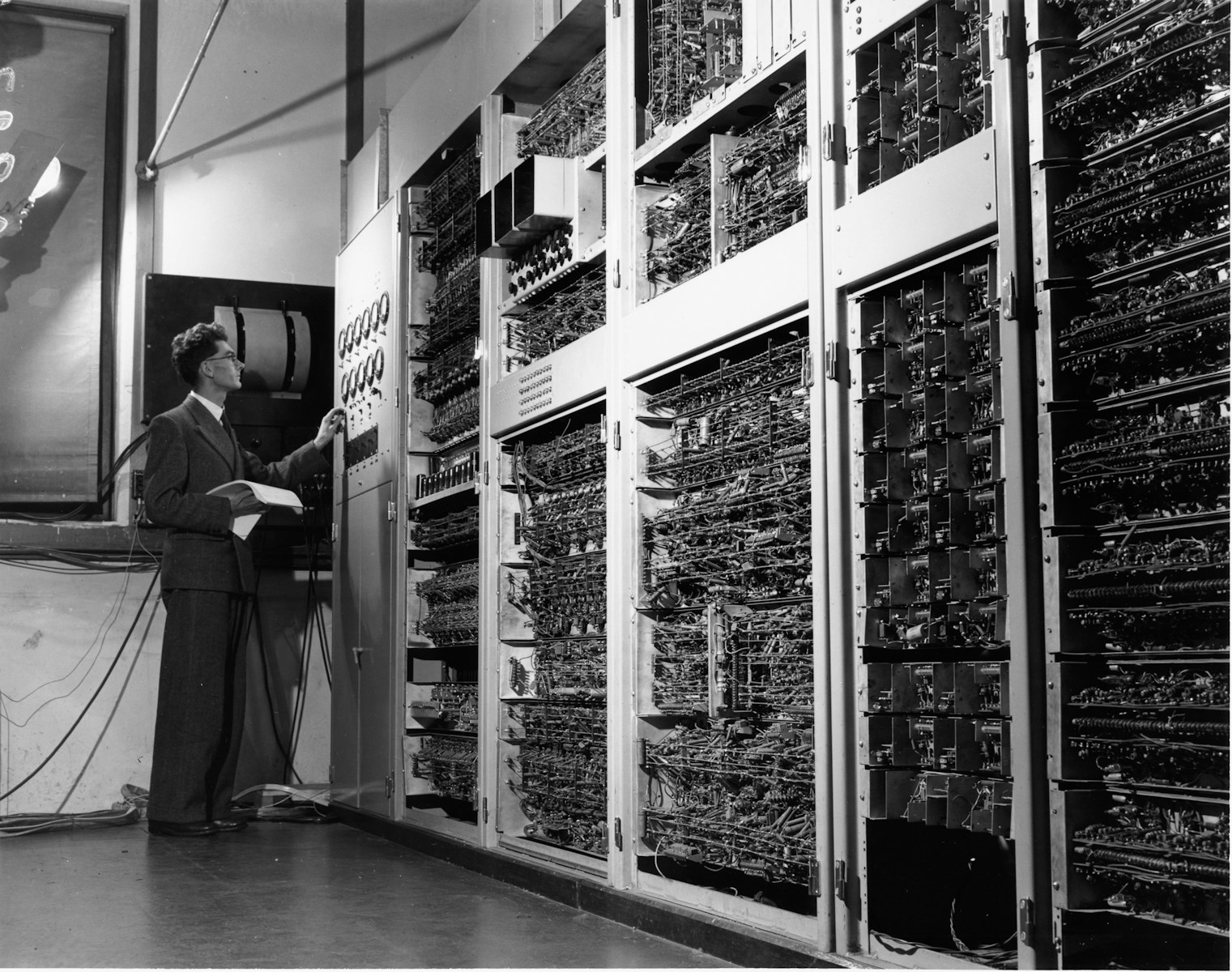How AI is Transforming the Retail Industry: From Shelf Stocking to Personalized Experiences
Artificial intelligence (AI) is no longer a futuristic concept; it’s rapidly transforming the retail landscape, impacting every aspect of the customer journey, from initial discovery to post-purchase support. This article will explore how AI is revolutionizing the retail industry, enhancing customer experiences, and driving business growth.
1. Enhanced Customer Experience
- Personalized Recommendations: AI algorithms analyze customer data, including browsing history, purchase history, and social media activity, to provide personalized product recommendations. This leads to a more relevant and engaging shopping experience, increasing customer satisfaction and driving sales.
- Chatbots and Virtual Assistants: AI-powered chatbots and virtual assistants are becoming increasingly prevalent in customer service. These intelligent systems can answer customer inquiries, provide product information, resolve issues, and even assist with order placement, freeing up human agents to focus on more complex tasks.
- Personalized Pricing: AI algorithms can analyze market trends, competitor pricing, and customer demand to dynamically adjust prices in real-time. This can lead to increased revenue and improved profitability while still offering competitive pricing.
- Voice Assistants: Voice assistants like Amazon Alexa and Google Assistant are enabling consumers to shop hands-free. Retailers can leverage these platforms to provide voice-activated product searches, order placement, and even in-store navigation.
2. Streamlined Operations
- Inventory Management: AI-powered inventory management systems can predict demand, optimize stock levels, and minimize stockouts. This reduces the risk of lost sales and improves overall inventory efficiency.
- Supply Chain Optimization: AI can optimize supply chains by predicting demand, identifying potential disruptions, and optimizing delivery routes. This leads to faster and more efficient delivery, reduced costs, and improved customer satisfaction.
- Fraud Detection: AI algorithms can detect and prevent fraudulent activities, such as credit card fraud and account hijacking, protecting both retailers and customers.
- Automated Customer Service: AI-powered chatbots and virtual assistants can handle a significant volume of customer inquiries, reducing the workload on human agents and improving response times.
3. Enhanced In-Store Experiences
- Smart Shelves: AI-powered shelves can track inventory levels, provide product information, and even offer personalized recommendations to shoppers.
- Interactive Displays: Interactive displays can provide customers with engaging product information, virtual try-on experiences, and personalized recommendations.
- Facial Recognition Technology: Facial recognition technology can be used to personalize the in-store experience, such as providing personalized offers and recommendations based on customer preferences.
- Robotics: Robots can be used for various tasks in the retail store, such as shelf stocking, cleaning, and customer assistance.
4. Data-Driven Decision Making
- Customer Segmentation: AI algorithms can segment customers based on their demographics, purchase history, and browsing behavior, allowing retailers to tailor marketing campaigns and promotions to specific customer groups.
- Predictive Analytics: AI can predict future customer behavior, such as purchase likelihood and churn risk, enabling retailers to proactively address customer needs and improve customer retention.
- Market Analysis: AI can analyze market trends, competitor activity, and consumer sentiment to identify new opportunities and optimize business strategies.
5. The Future of AI in Retail
The future of AI in retail is bright, with continuous advancements in technology leading to even more innovative applications. We can expect to see further integration of AI across all aspects of the retail industry, from personalized shopping experiences to fully automated stores.
Challenges and Considerations:
- Data Privacy and Security: The use of AI in retail raises concerns about data privacy and security. Retailers must ensure that customer data is collected and used responsibly and ethically.
- Job Displacement: The automation of many tasks through AI may lead to job displacement in the retail industry.
- Ethical Considerations: It is crucial to ensure that AI systems are used ethically and do not discriminate against any particular group of customers.
Conclusion
AI is transforming the retail industry at an unprecedented pace, creating new opportunities for businesses and enhancing the customer experience. By embracing AI technologies, retailers can gain a competitive advantage, improve efficiency, and build stronger relationships with their customers. While challenges remain, the potential benefits of AI in retail are significant, and we can expect to see continued innovation and growth in this space in the years to come.
This article provides a general overview of how AI is transforming the retail industry. It is important to note that the specific applications of AI will vary depending on the individual retailer and the specific needs of their business.





